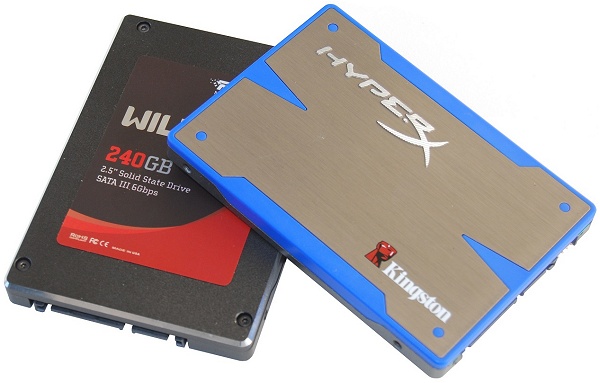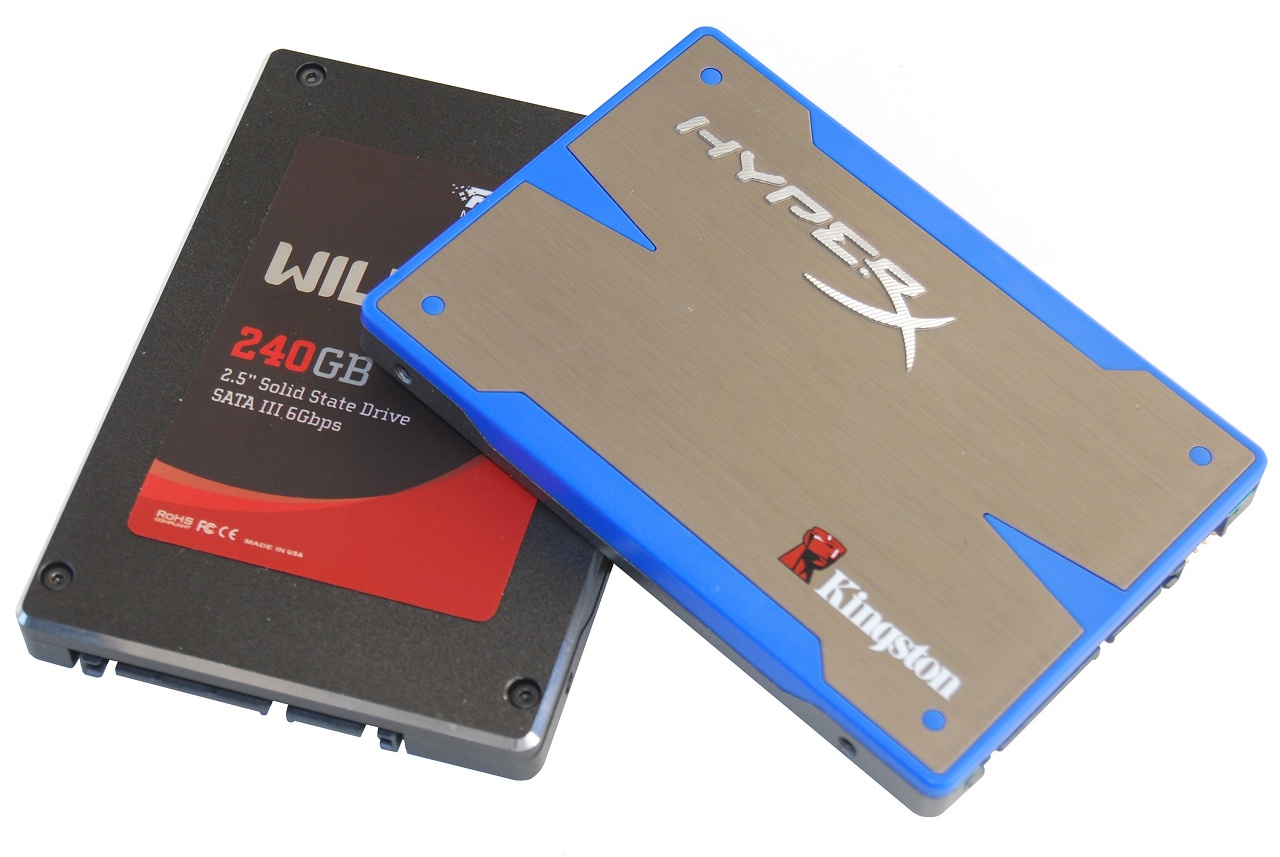Final Thoughts
Kingston's HyperX came out of the gates swinging and delivered an impressive show, gnawing on the Vertex 3's ankles every step of the way. The new arrival had little trouble meeting, and occasionally exceeding the performance of OCZ's SF-2281-based flash drive, which has stood as the baseline for SSD performance since it landed earlier this year.
Considering its prideful demonstration, we have little doubt that Kingston worked overtime to milk every ounce of performance it could out of the SandForce SF-2281 controller. More importantly, that speed and stability remains after regular usage in my primary PC over the last few weeks. Kingston's drive hasn't skipped a beat in that time frame.
Unfortunately, as with its competitors, the HyperX isn't priced low enough to consider it a mainstream solution. The 240GB model is fetching $490 alone or $510 for the upgrade kit, while the 120GB version costs $240 to $260. It's probably worth mentioning that there are various $20 to $30 rebates floating around, but we generally don't bank on those.

As pricey as that may seem, Kingston's figures are right on target as the Vertex 3 240GB currently costs $490 and the Patriot Wildfire 240GB is around $495 as of writing. Meanwhile, Crucial's m4 256GB resides in the budget realm of $395 and the Intel 510 Series 250GB is among the least affordable options, with pricing currently set at about $570.
Before investing your hard earned cash in any of the above, ensure that your motherboard has a quality SATA 6Gb/s controller or the drive's performance will be severely hampered. Folks with new Intel Sandy Bridge-based machines can fully utilize the drive, as will those with a motherboard that carries the recently updated Marvell 88SE9182 controller.
For those limited to SATA 3Gb/s, the Kingston SSDNow V+ 100 is still an excellent option providing strong real-world performance. Even if you can tap into the speed of the new 6Gb/s SandForce SF-2281-based drives, you might not notice the difference. After all, the SSDNow V+ 100 delivers similar Windows boot time and multitasking execution.
Of course, that won't matter for true performance junkies. If you want rock-solid speed and stability, Kingston's HyperX series is about the best you'll find in today's market. For all intents and purposes, it's every bit as fast as the Vertex 3 and Kingston's delayed entry should offer additional insurance against the firmware bugs that affected other SF-2281 drives.
